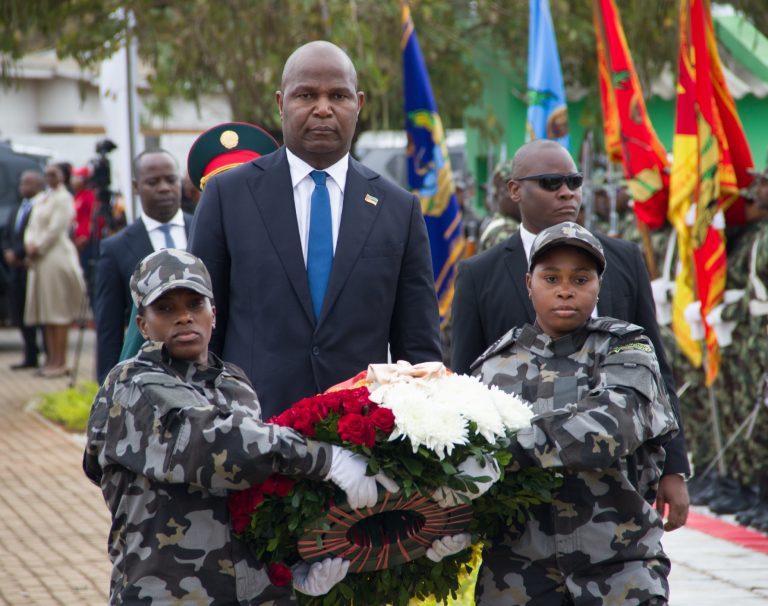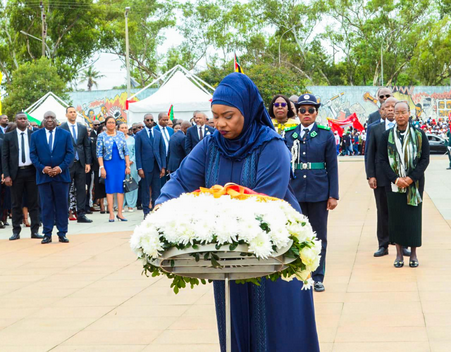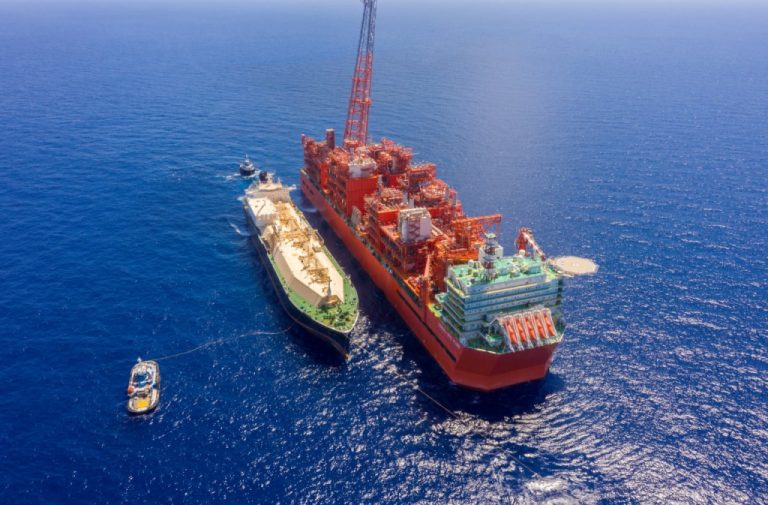
Maputo, 18 Aug (AIM) – Mozambican President Daniel Chapo has pledged that his government will not yield to pressure from the aluminium smelter Mozal, located on the outskirts of Maputo.
The dispute between the government and Mozal concerns the price at which Mozal buys its electricity.
At Mozal, aluminium ingots are produced from alumina imported from Australia. The main local input is electricity, which is generated at the Cahora Bassa dam on the Zambezi, in the central province of Tete.
Aluminium smelters use enormous amounts of power. In Mozal’s case, the smelter is using 950 megawatts, which is more than the electricity consumption for the rest of the country.
The contract under which Mozal is supplied with power runs out in March next year, and so far it has proved impossible to negotiate a new contract.
The main shareholder in Mozal, the Australian company South32, in a Maputo press conference held last Thursday said current arrangements “do not provide confidence that Mozal will secure sufficient and affordable electricity beyond March 2026”.
With no agreement on a future electricity price, “we will limit investment in Mozal, stopping pot relining and standing down associated contractors starting this month”, threatened South32. “Without access to sufficient and affordable electricity, we expect that Mozal will be placed on care and maintenance at the end of the current agreement”.
In reality, that is a threat to close down the smelter altogether. A smelter does not have an on/off switch. Cooling down all the furnaces (“pots”) and starting them up again would be time-consuming and very expensive.
Graham Kerr, CEO of South32, also interviewed on Thursday, warned. “My belief is: if you shut Mozal, you never start it again. It’s just too hard”.
The electricity from Cahora Bassa does not go directly to Mozal, but is transmitted via the South African electricity company, Eskom. This is because there is no direct power line from the Zambezi Valley to the Maputo area. All the Cahora Bassa power for southern Mozambique goes first to the Apollo sub-station in South Africa and is then carried along Eskom transmission lines.
The Mozambican government has long wanted to end this unwieldy arrangement, build a new power line to Maputo, and buy electricity directly from HCB, the company that operates Cahora Bassa.
Speaking to reporters on Sunday, after his return from a summit of the Southern African Development Community (SADC) in Madagascar, Chapo said discussions are continuing to find fair electricity prices that would satisfy both sides. He warned that, if the tariffs proposed by South32 were accepted, then HCB would be at risk of collapse.
In the current negotiations, Chapo added, “what we are doing is defending the national interest and the interests of the Mozambican people. We have an added responsibility as a government, and we cannot accept tariffs that would lead HCB to subsidise Mozal, and push HCB to collapse. So the talks are continuing”.
Mozal is by far the largest factory in Mozambique. It employs about 5,000 workers directly and another 20,000 indirectly.
(AIM)
Pf/ (512)






